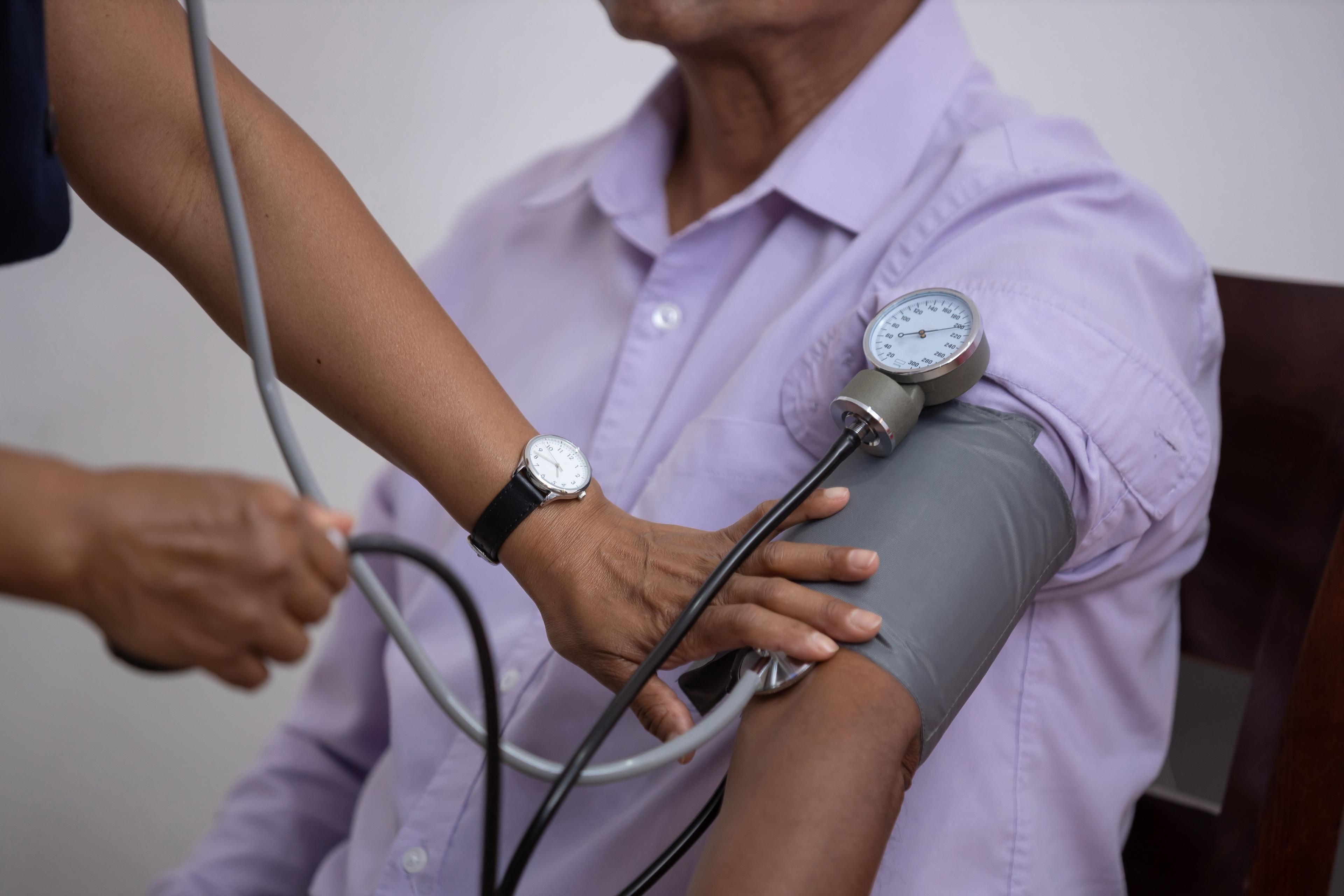Hypertension, characterized by elevated blood pressure, remains a prevalent health concern globally. Blood pressure, the force exerted by blood against artery walls, is ideally around 120/80 mmHg. In hypertensive individuals, this value increases to 130/90 mmHg or higher. It's essential to note that temporary increases in blood pressure, such as during intense physical activity, are distinct from sustained hypertension, which requires a consistent elevation for diagnosis.
Underlying Causes
The origins of hypertension are complex, often related to underlying health conditions. Essential hypertension, unrelated to other diseases, can be attributed to factors like obesity, excessive alcohol consumption, sedentary lifestyles, smoking, and family history. Secondary hypertension emerges as a complication of pre-existing conditions such as diabetes, adrenal tumors, hormonal imbalances, and kidney issues.
The Relationship Between Hypertension and Gender
Hypertension's impact is nuanced, influenced by age, hormones, and pregnancy:
Age and Hormones: Women of reproductive age generally exhibit slightly lower blood pressure than age-matched men. However, postmenopausal women face an increased risk due to reduced estrogen levels. Estrogen's vasodilatory effect relaxes blood vessels, preventing arterial narrowing caused by cholesterol plaques. The decline in estrogen post-menopause heightens hypertension risk, often accompanied by weight gain.
Pregnancy: Pregnancy-induced hypertension arises in women without prior hypertension. This condition, occurring after 20 weeks of pregnancy, subsides postpartum. It poses risks to both mother and child, with potential complications ranging from seizures and stroke for the mother to low birth weight and other birth-related issues for the child. Pre-eclampsia, a severe form of pregnancy-related hypertension, demands vigilant monitoring due to its potential for organ damage.
Symptoms and Health Implications
Hypertension's insidious nature often leads to its moniker as the "silent killer." Symptoms are absent or minimal until the condition becomes severe, including headaches, chest pain, dizziness, difficulty breathing, nausea, blurred vision, anxiety, confusion, and nosebleeds. Unchecked hypertension poses grave health consequences that can result in the following:
Heart Attack: Elevated blood pressure contributes to arterial hardening, increasing the risk of heart attacks as compromised blood vessels impact cardiac function.
Heart Failure: Narrowed blood vessels strain the heart, leading to its eventual failure as it struggles to pump blood effectively.
Kidney Failure: Hypertension damages kidney blood vessels, impairing their function and potentially exacerbating blood pressure elevation.
Stroke: Damaged brain arteries heighten stroke risk, impacting brain function and essential bodily processes.
Eye Damage: Retinal blood vessel damage from hypertension can impair vision, emphasizing the need for proactive management.
Prevention
The following effective prevention strategies are pivotal to minimizing the impact of hypertension:
Healthy Lifestyle: Adopting a healthy lifestyle is paramount. Engage in regular physical activity, aiming for at least 150 minutes of moderate exercise per week. Consume a balanced diet rich in whole grains, lean proteins, fruits, vegetables, and low-fat dairy products to significantly contribute to blood pressure management.
Weight Management: Maintaining a healthy weight reduces the risk of hypertension. Strive for a body mass index (BMI) within the recommended range, making gradual, sustainable changes to your diet and activity levels.
Dietary Approaches: Implement the Dietary Approaches to Stop Hypertension (DASH) eating plan, emphasizing whole foods, lower sodium intake, and moderation in alcohol consumption.
Salt Intake Reduction: Limiting sodium intake to around 2,300 milligrams per day (and even lower for individuals with hypertension) can effectively manage blood pressure levels.
Stress Management: Engage in stress-reducing activities such as meditation, yoga, deep breathing exercises, and mindfulness practices to positively impact blood pressure.
Regular Monitoring: Regular blood pressure checks are vital, enabling early detection and timely intervention. Monitor blood pressure at home and maintain records for healthcare provider discussions.
Medical Guidance: If diagnosed with hypertension, collaborate closely with healthcare professionals to develop a personalized management plan that may include medication, lifestyle adjustments, and regular follow-ups.
Regular blood pressure checks and adopting a healthy lifestyle helps individuals to proactively manage their well-being and longevity. If you notice any of the above mentioned symptoms or have concerns about your blood pressure, don't hesitate to seek professional care on www.usenorth.care .
